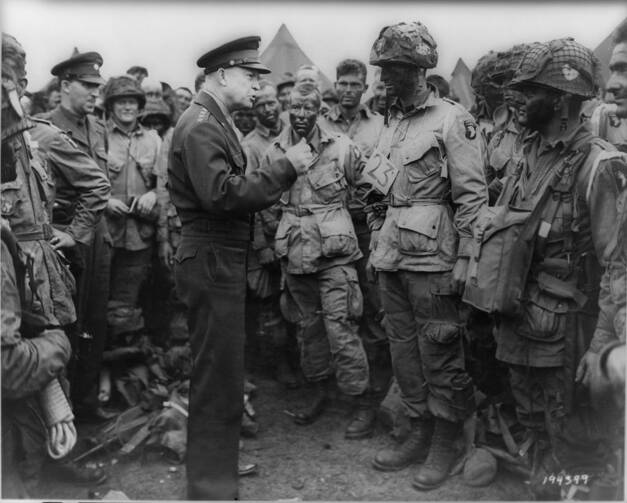When I first spotted David Brooks’s “A Moral Bucket List,” an excerpt from his new book on morality, The Road to Character, which appeared in the New York Times (Apr 12), I zipped through it quickly without giving it a chance to sink in. Today’s letters page (Apr 19) with 8 responses sent me back to a slow reading of the original.
To me there was nothing unusual about the Times op-ed page giving space to moral issues. And they have long had a Catholic voice on that page, back to William Shannon and John Cogley, and today a half dozen of the columnists have Catholic or similar religious backgrounds. My favorite champion of morality in public life, however, was always Anthony Lewis, who was fearless in exposing the immorality of the Vietnam War and always accepted my invitations to speak at Jesuit universities.
But Brooks was different in that his essay dealt less with public issues than with our private lives. And one of his readers responded that Brooks the journalist has no right to tell us how to save our own souls or to worry us with his concerns about his own. The reader (Robert E. Silverman) does not know about the whole history of crusading journalism’s efforts to raise public morality.
Brooks, who says he wants to save his own soul, explains his quest as a search for people with an “inner light, humility, who are not thinking about themselves. These are people with not “resume” virtues, that make them look good in the marketplace, but “eulogy” virtues, the ones to be remembered at your funeral. The people with these qualities were not born with them, they made themselves into someone new by their generosity, enforced by their humility.
His list of exemplars is idiosyncratic, not your usual religious martyrs or heroes. You’d think one would find at least a few role models in the Old and New Testaments, with the prophets or Jesus or the saints. But if he has read and considered any of this material, he doesn’t tell us. He learns to control his temper from Dwight Eisenhower, who wrote the names of those he hated on slips of paper and threw them in the garbage. This freed him, says Brooks, to lead the army and the nation with an even temperament.
He admires Dorothy Day who, he says, “led a disorganized life when she was young,” drinking and carousing; but the birth of her daughter taught her love, which “decenters the self.” With this love, wrote Dorothy Day, came “the need to worship, to adore.” Brooks tells us she became a Catholic, started a radical newspaper, and opened settlement houses for the poor. Brooks does not tell us that Dorothy Day also loved the church, took strength from the Eucharist and went to jail rather than participate in an air raid drill.
Brooks admires Frances Perkins, a progressive activist who was transformed by witnessing the Triangle Shirtwaist fire to fight the cause for workers rights and joined Franklin D. Roosevelt’s cabinet. One of the letter writers, (Dean Weber, an Episcopal priest) reminds us that Perkins was also a devout Episcopalian, who found her calling to government service in her deep religious faith. Brooks also admires George Eliot (Mary Ann Evans) a great novelist whose life was a mess until she met George Lewes, who was married but estranged from his wife. In spite of his wife, she joined him for life and he helped her become a great writer. (Maybe if I had time to research the case I’d be more enthusiastic for “Eliot” as a role model.)
Brooks concludes that when commencement speakers tell us to “be true to yourself,” we should rather be true to matching our talent to the “world’s greatest needs.” I like to think that the graduates of Jesuit schools already identify “themselves” with the world’s needs. It’s not clear how this search for virtue will affect Brook’s columns and PBS commentaries. Since he is so short on religious research as a an instrument of building character, I’d urge him to read Pope Francis’s encyclical, “The Joy of the Gospel,” which as E.J. Dionne points out has drawn attention for its condemnation of “trickle down” economics. As a system that “expresses a crude and naïve trust in the goodness of those wielding economic power.” In short, personal character inevitably expresses itself in politics and economics for the welfare—or the suffering—of our fellow men and women.








